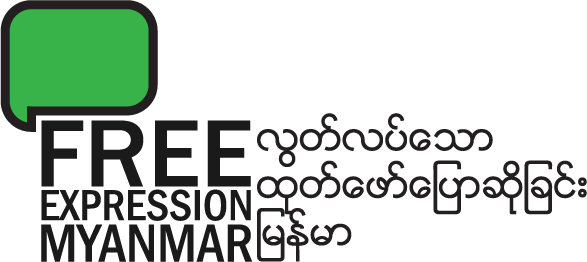The right to information is included in the Sustainable Development Goals for each country to aim for to achieve development. The right to information includes a number of principles:
- Presumption of disclosure – the government must disclose everything except in very limited exceptions
- Proactive disclosure – the government must actively disclose information regardless of whether they are asked
- Promote openness – the government must change its policies and practices to create a culture of openness and ending government secrecy, this includes access to the meetings of public bodies
- Limited exceptions –the government must define only very limited exceptions to access to information according to the principle of ‘harm’, and there should be a public interest test
- Fast and fair processes – the government should answer any requests for information in a fast and fair way, and there should be a mechanism for appeals.
- Cheap processes – the government should ensure that people are not dissuaded from asking for information because of high costs
- Disclosure takes precedence – the government should amend any laws that contradict disclosure, and the courts should interpret the laws with disclosure taking precedence
- Protect whistleblowers – the government should protect whistleblowers who release information about wrongdoing and corruption.
A right to information law is the best way to make sure these principles are followed by government. But a government can also begin to implement many of these principles while making a law. For example, the government can promote a culture of openness inside, and can easily begin to proactively disclose information.
မကြာမှီလာမည်!
